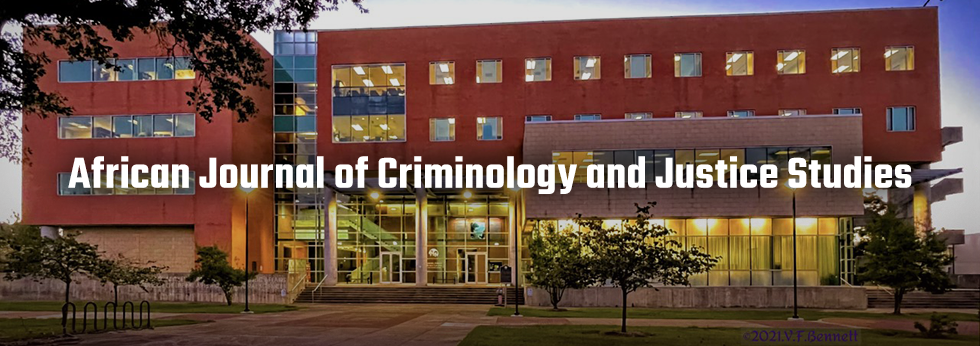Abstract
Civilians are not allowed to buy or own a gun in Ethiopia. There are national laws, regulations and administrative procedures that allow production, export, import, and retransfer of small arms which are limited to state and federal security purposes; while any other, if any, is explained by the anti-terrorists act. The law requires a record of the acquisition, possession and transfer of each privately held firearm be retained in an official register. Nonetheless, both the anti-terrorist act and other firearm regulations, have not been successfully implemented to prevent illicit trafficking of guns and violent crimes associated with illegal gun possession. Church graveyards and jungles have been the busiest illegal gun exchange belts. This research assesses the societal apprehension to the illicit gun exchange. Residents in the village where illegal gun trafficking takes place have negative impressions to it. The illegal gun exchange create fear in city residents; limit the right of people to movement; and embarrass so many others. Trust in the police for security has diminished because, residents understood policemen themselves, as part of the illicit trafficking. The midnight time when people are most likely asleep is the peak time for gun trafficking and fire-testing. This compels citizens to prognosticate the impending terrorism.
Recommended Citation
Birara, Desalegn
(2018)
"Societal Derivations for the Illegal Gun Trafficking
In Addis Ababa, Ethiopia,"
African Journal of Criminology and Justice Studies: Vol. 11:
Iss.
1, Article 8.
Available at:
https://digitalscholarship.tsu.edu/ajcjs/vol11/iss1/8


